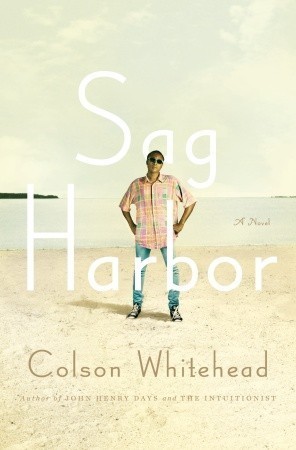What do you think?
Rate this book


273 pages, Hardcover
First published April 28, 2009

I remember when I first heard that they were changing the formula. April 23, 1985. It was dinnertime and I'd wandered into the living room to ask my mother a question—I can't remember what it was, as it was erased by the terrible information. Dinnertime custom had Reggie and me eating in his room before an array of sitcoms, the M*A*S*Hs, the 'KRPs, while our parents ate in the living room watching the evening news. (I moved into my sister's room when she went to college, but Reggie got to keep the TV after a series of negotiations too Byzantine to go into, higher-level even-Stephen stuff beyond mortal ken.) I walked in just in time to hear the newscaster say, "A surprising announcement about an American classic." Somehow I knew. I stayed through the commercial break and watched as Roberta Goizueta, the CEO of Coca-Cola, cheered the end of the world.
—p.104